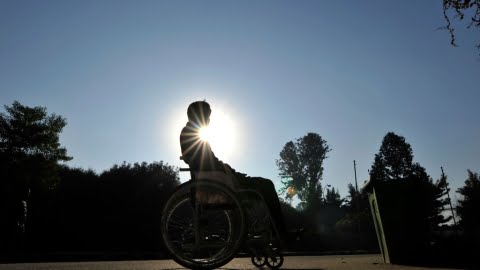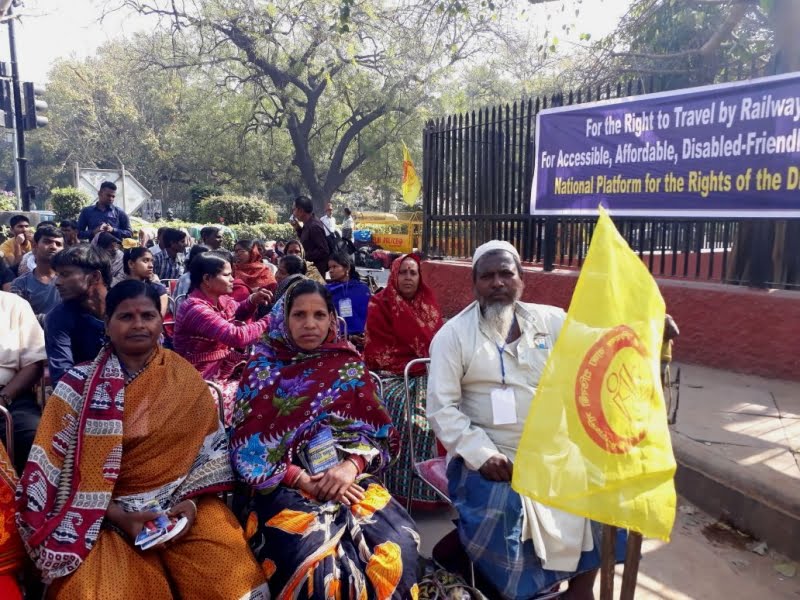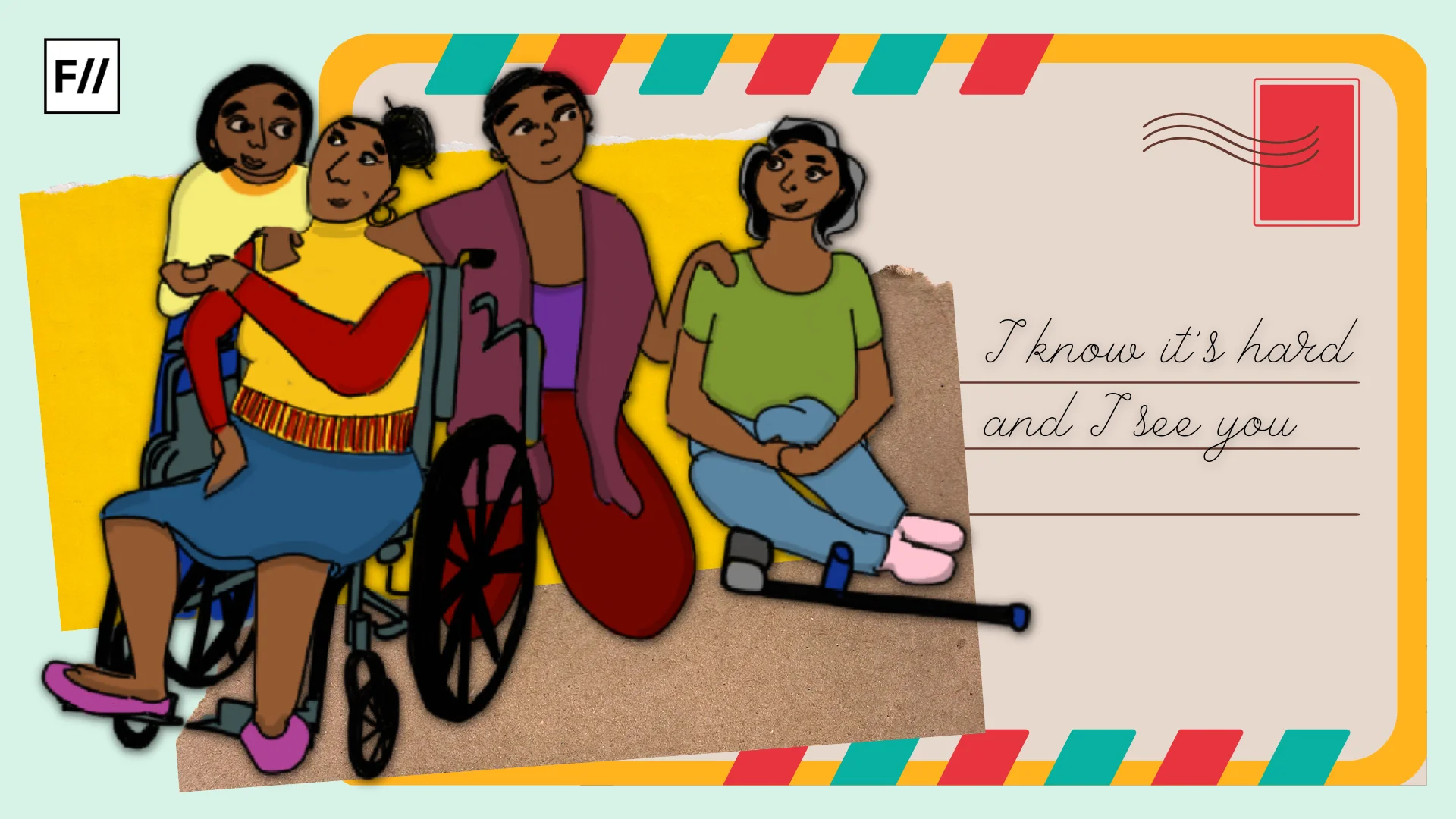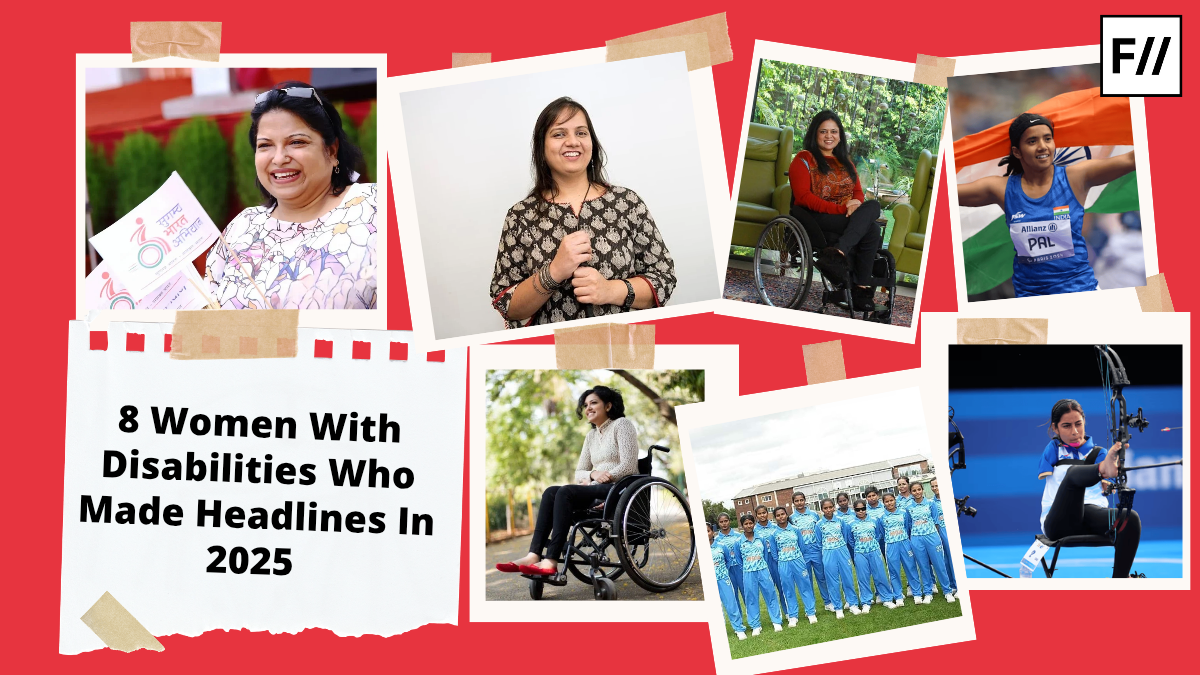It was springtime. The date was 20th February and the year was 2010. Exactly ten years ago, a number of disability activists came together for the first time in Salt Lake Stadium, Kolkata for a convention. They took a pledge to form an umbrella organization where all kinds of people with disabilities can join and work towards a common goal – to usher in disabled-friendly India. They named their organization, National Platform for the Rights of the Disabled (NPRD). For many of them the journey of working in their own states began years ago. For some, it was a new road. But within a very short period of time, they could make an impact at the national level.
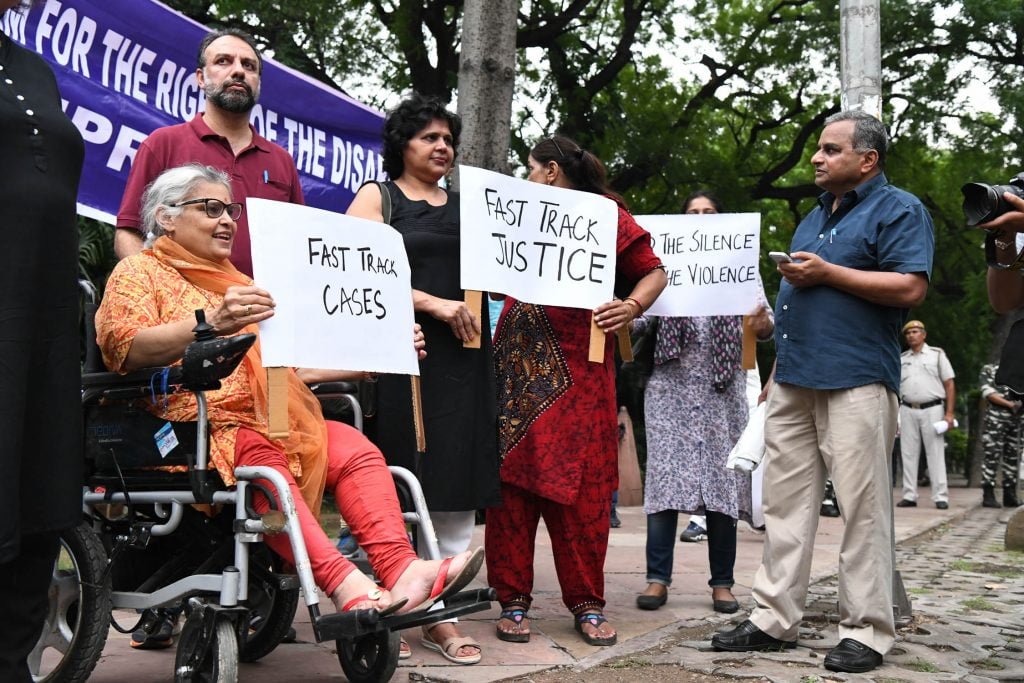
Having the opportunity of working with many of the NPRD leaders who were present in the Kolkata Conference, I asked them, “Did you envision that your organization will become such a powerful force at national level in 2010”s February?” Answers were mixed – Some said they knew that it will be difficult to make an impact but not impossible, while other told that they were apprehensive that a cross-disability network where majority of members do not even speak or understand English (communication language pan-India) or each other’s language, would be sustainable. But they all knew it would be a “different kind of platform” which till date Indian Disability Movement has seen.
So What’s So Different About NPRD?
It is a membership based organization, having lakhs of members in 14 states of the country right now. They are not an NGO. NPRD does not take foreign funds like most of the big NGOs and DPOs in India and most significantly the majority of their members are very active in the political field – so seeing disability as a political and right based issue comes naturally to them. The present President of NPRD served as a Minister in West Bengal for two terms. They work as a mass organization. Their office bearers and the Executive Body are elected every three years in a Conference.
Data analysis of leaders who were present in the second Conference of NPRD ( year 2017) shows that 86% members who were attending the same, are from Schedule caste, Schedule Tribe or Backward classes.
As the Jt Secretary of NPRD I collated some data about the second Conference of NPRD (year 2017) and my data analysis of leaders who were present in the conference showed that 86% of members who were attending the same were from Schedule caste, Schedule Tribe or Backward classes. Interestingly, the majority of them in their credential forms, said, they have not read the United Nations Convention on the Rights of Persons With Disabilities or UNCRPD but all said they read the Rights of Persons With Disabilities or RPD Act. Their knowledge of grassroots level issues of disabled people’s lives however can surpass any survey work done by academics or developmental workers.
NPRD’s work took various forms. From advocacy on changing laws/policies, direct intervention in cases of discrimination through court cases to organizing mass rallies and mobilizing disabled people at grassroots level – they have done all these successfully. One may recall that it was 10 years ago, they started demanding that there should be a Universal Identity Card which should be accepted all over India. This demand has been accepted and is also included in the Rights of Persons with Disabilities Act, the new law that was passed, as India ratified UNCRPD.
Another success came when Verma Committee was formed after the rape and murder case in New Delhi 2012. There were thousands of recommendations received by Verma Committee – NPRD members got the distinction of meeting the Committee face to face thrice. Many other disability rights groups also represented before the Committee. And it resulted in inclusion of several clauses based on disability in Criminal Laws of India.
NPRD’s work took various forms. From advocacy on changing laws/policies, direct intervention in cases of discrimination through court cases to organizing mass rallies and mobilizing disabled people at grassroots level – they have done all these successfully.
The NPRD was in the forefront of the campaign and struggled to enact the Rights of Persons with Disabilities Act, 2016. It was not just a part of the countrywide campaign to demand the introduction of the Bill, but when the Bill was found to be wanting in many respects, it independently and jointly conducted campaigns and struggles. With a few organisations, it had big mobilisations in Delhi on December 3, 2015 and December 3, 2016 demanding introduction of the Bill with amendments and its passage.
Also read: In Conversation With Jyothsna Phanija: Where Caste, Disability And Gender Meet
On 22nd of November 2019, the Ministry of Social Justice, Government of India issued a G.O. wherein it conceded that the Rights of Persons with Disabilities Act is not being implemented properly. Mentioning that an organization named National Platform for the Rights of Disabled (NPRD) will be sitting in a dharna or strike on November 25, they implemented all state Governments to speed up implementation of RPD Act. This was a historical moment for the disability movement in India – never before we saw that a G.O. getting issued quoting that an organization was sitting for a dharna and in apprehension, the issue needs to be addressed.
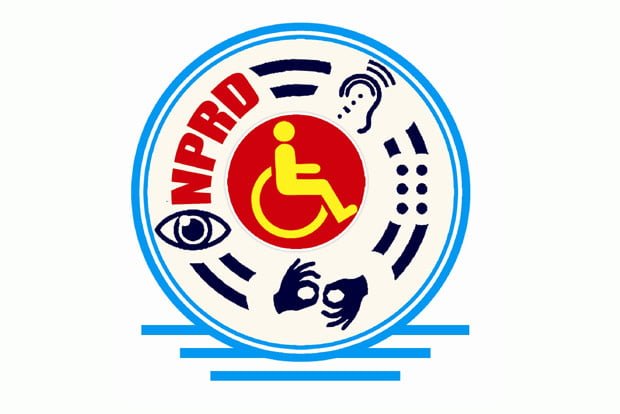
Like any organization, NPRD has its weaknesses. They have not been able to cover all the states in India till date and have members only in 14 states. Some of these state affiliates are very active, but few are not so active as well. Despite conscious attempts to bring in gender parity within leadership, like any other disability groups, men surpass women leaders. This, despite NPRD taking leading role in India in fighting Violence on Women with Disabilities both at policy level and at direct intervention level.
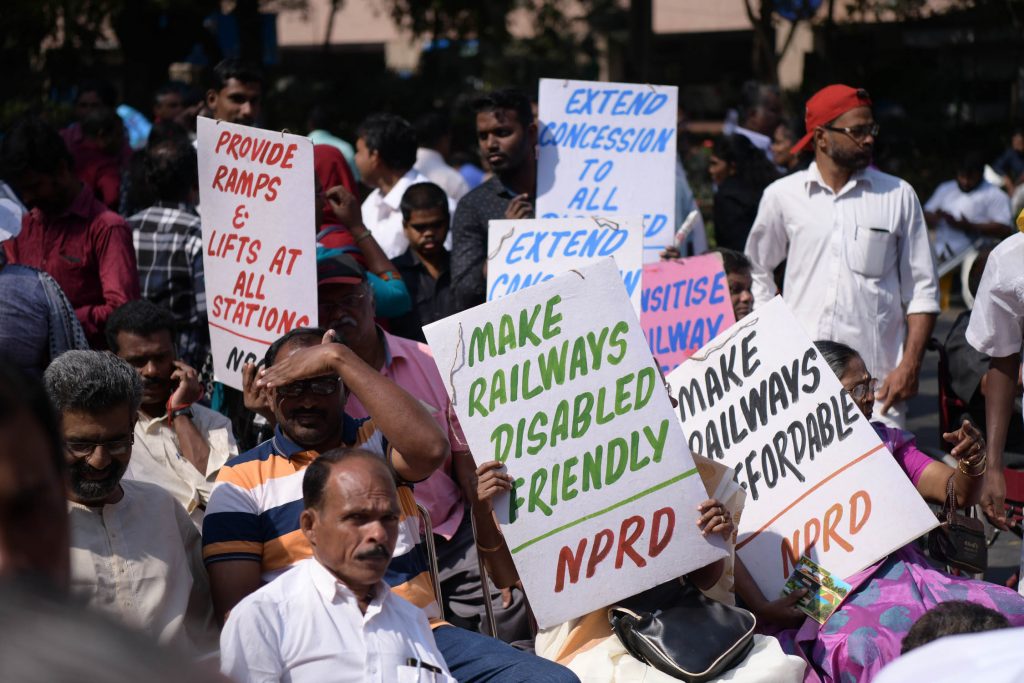
It is difficult to understand the depth of the work of this organization seeing its tiny 2 room office in Delhi – because most of its work is happening at different corners of the country; though the major decisions are taken by the Executive Committee members. Some of its state affiliates have done commendable work that has made an impact on the lives of ordinary disabled citizens. They are yet to have a website or even a Wikipedia page. Like most grassroots organizations, the documentation part of NPRD needs improvement.
Also read: Disability-rights Activists Write to MWCD Objecting The Amendments To The POCSO Act
Reaching a ten years milestone was not an easy way for a non-funded group like NPRD. To commemorate this historic day of 20th February, a Rally and Seminar will take place in Chennai. And in other parts of the country, their members, while remembering all the walks taken together, all the struggle faced and all the achievement, will chant their favourite slogan “NPRD Zindabad”.
To take forward the disability movement, you too should join them in solidarity and say, “Long Live NPRD”.
Featured Image Source: National Herald
About the author(s)
Shampa Sengupta is an activist working on gender and disability rights. She is a person with mental illness and also a primary care-giver.
